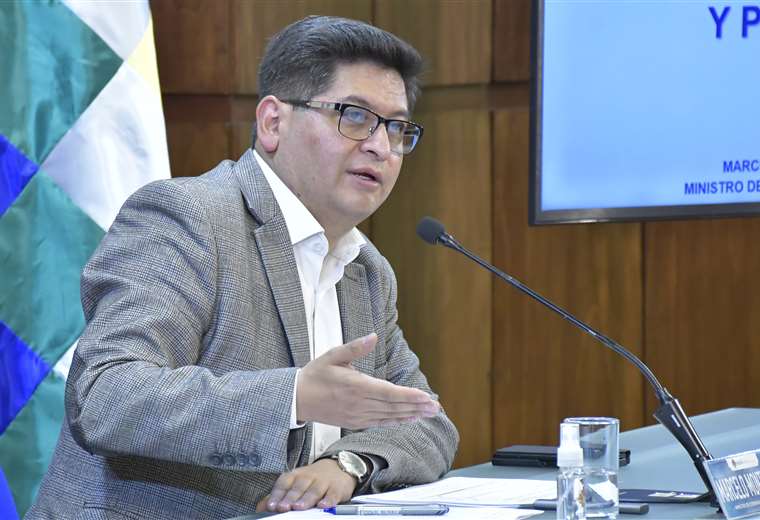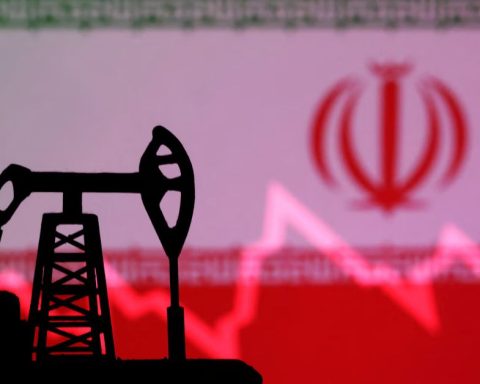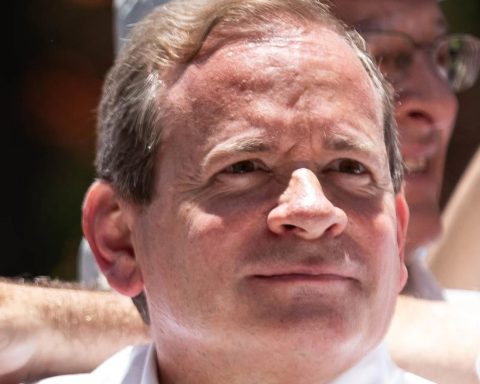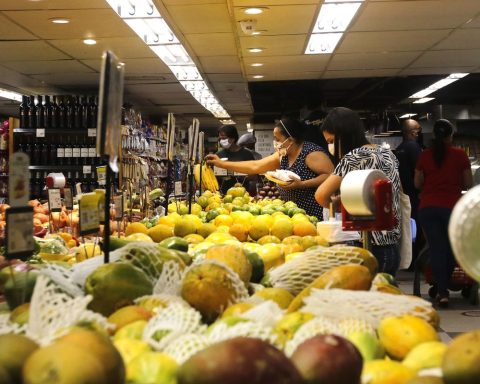December 20, 2022, 22:17 PM
December 20, 2022, 22:17 PM
“Bolivia maintained sustained economic growth and price stability”assured the Minister of Economy and Public Finance, Marcelo Montenegro, who by 2023 foresees that the country “will continue on the path of growth, with emphasis on industrialization projects with import substitution.”
After conducting an assessment, Montenegro recalled that In the international context, one of the main effects of the war between Russia and Ukraine has been the increase in the prices of raw materials.food, energy, which has resulted in a sustained increase in the level of prices internationally.
To curb inflation rates, world powers increased interest rates, making access to financial credit more expensive, thereby slowing economic expansion, according to the minister.
“The Bolivian economy has had a good performance; in a rarefied environment of high volatility, uncertainty worldwide. ANDIn contrast, the Bolivian economy has maintained price stability and economic growth”, stressed the minister.
Montenegro stressed that as a reflection of the economic recovery, the billing of restaurants increased by 22% until October 2022compared to 2021, similarly there was an increase in hotel billing by 37% and air transport by 68% during the indicated period.
In addition, employment has been increasing and, by October 2022, there are more than four million people who have a job. As of November 2022, Bolivia registers inflation of 3% and consolidates as the lowest inflation rate in South America, product of the measures applied by the Government to stabilize the prices of the family basket.
Similarly, the financial system remains solvent with an increase in savings and loans to the productive sector, with a 2.2% default as of October 2022.
For next year, the Government plans to maintain economic stability, controlled inflation with an emphasis on industrialization projects with import substitution.
“2023 is a year to continue rebuilding the economy with a positive growth rateprice stability and a model that will gradually substitute imports to generate a productive sector with industrialization in basic chemicals, the pharmaceutical industry” and many productive projects”, remarked Montenegro.


















